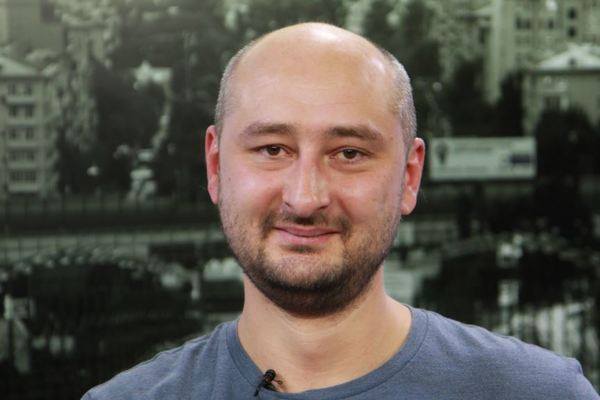According to the bill, introduced in response to the situation in Ukraine, Crimea could be annexed by Russia based on the results of a referendum, without international involvement.
Moscow, February 28. INTERFAX.RU – A group of deputies led by Sergey Mironov, head of the faction A Just Russia, introduced a bill that establishes a simplified procedure for a foreign territory to accede to the Russian Federation. The explanatory note for the bill states that it pertains to the situation in Ukraine.
The bill proposes accepting a part of a foreign country into Russia without concluding an international agreement, as currently required, on the basis of a referendum held in accordance with local law or at the request of the authorities of a foreign state. The bill states that such a procedure for Russia to accept a new territorial subject applies when it is impossible to conclude an international agreement due to a lack of sovereign authority in the foreign country.
If a part of a foreign country is accepted by Russia as a new territorial subject, it would be granted the status of republic, territory, region, autonomous region or autonomous district.
The bill effectively attempts to amend the constitutional law “Procedure for the adoption of new subjects into the Russian Federation”, which presently requires the conclusion of an international agreement.
As noted in the explanatory note, there have been cases, in international practice, of one state acceding to one another without concluding an international agreement [with the foreign state]. Moreover, [according the note], there is no requirement under international law to conclude such an agreement.
“Under the UN Charter, one of the generally recognized principles of international law is self-determination of peoples,” the authors of the bill maintain. “Self-determination (for example, for the Republic of Crimea) may be expressed through a referendum or through other means capable of conveying the intention of the local population, including an appeal to the President of Russia by the governing body of a republic [and] the acquisition of Russian citizenship by the residents of Crimea through a simplified process.”
According to them, “imposing on such a self-defined population a requirement for a binding agreement with the entire state (Ukraine) for the self-determination of the population of a specific region (Crimea) would be contrary to the international legal principle of self-determination.”
The authors also point out that the bill stems from Russia’s obligations under the Treaty on Friendship, Cooperation and Partnership between Russia and Ukraine of 31 May 1997. This treaty requires both countries to take appropriate measures in their respective territories, including legislative measures, “to prevent any acts that constitute an incitement to violence, or violence against individuals or groups of citizens, based on national, racial, ethnic or religious intolerance.”
“Russia cannot extend the application of its laws beyond its own territory,” the authors of the document declare. “However, Russia can and should anticipate the possible consequences of the events that are taking place in Ukraine stemming from the fact that the government of Ukraine has become paralyzed. The executive branch is in complete disarray; law enforcement agencies are inactive and under attack by well-organized gangs of fascist elements.”
This, in their view, violates the fundamental principle of state sovereignty – an effective sovereign power is obliged to protect its citizens and respect their rights and freedoms.
“Deprived of state protection in their own country, regions of Ukraine [where] most of the population consists of Russian-speaking citizens are seeking ways to defend their independence and identity [and are] appealing primarily to Russia,” the explanatory memorandum states. “In some regions, there is already a movement in favour of a referendum to determine their nationality.”
Source: http://www.interfax.ru/russia/361869
Translated by: Mariya Shtangrat and Lesia Stangret





